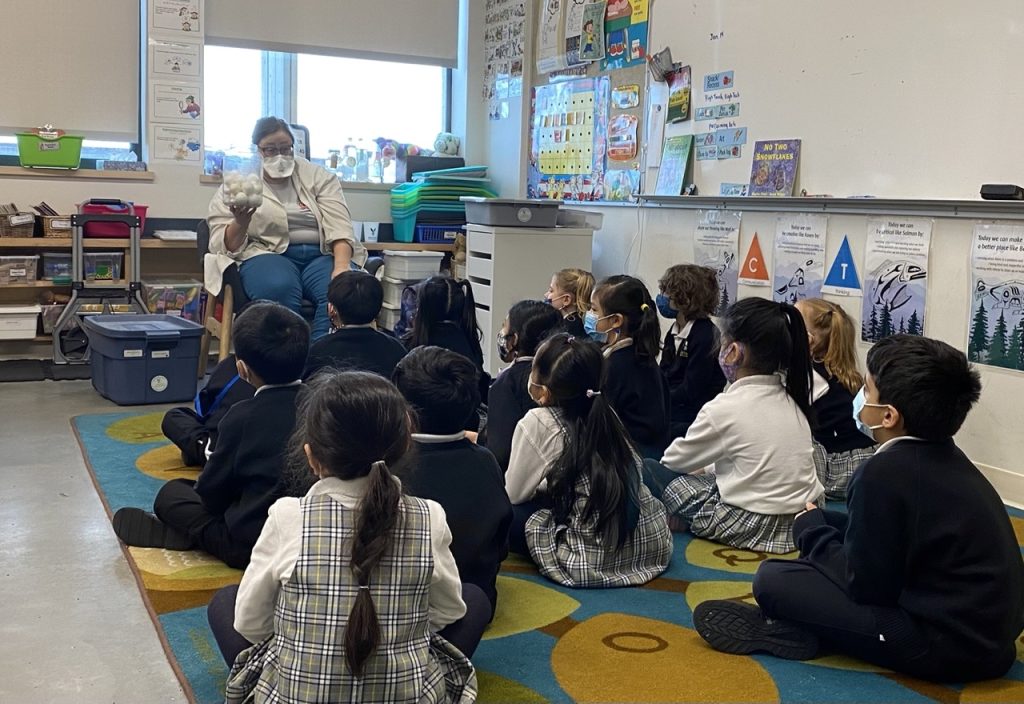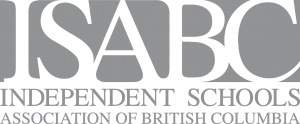Science is thriving at Urban Academy– not just for our older students in labs and lessons, but our younger ones too! Hands-on science labs are a great way to bring learning to life and students are always excited to learn in practical ways.
Vinegar & Bubbles & Toy Squids, Oh My!
For Ms. Scali and Ms. Dadar’s Grade 1 classrooms, in a recent lesson, hands-on-learning took the form of vinegar, baking soda, and other household items that demonstrated the different states of matter. Even before the demonstrations began, the excitement in the classroom was palpable as they learned how to be good scientists and follow safety rules.
Led by Cosmic Karen of High Touch High Tech, students dropped water onto pennies to see how they bubble up without spilling over, and squeezed water bottles to see how it would affect the toy squids floating inside them. They watched in awe as only young kids can! The workshop acted as part of the larger matter unit that the Grade 1’s had been learning in their curriculum, and gave valuable opportunities to apply their knowledge in a tangible way. This reflects the BC Grade 1 science curriculum that encourages students to predict what will happen before they do their experiments and questioning why their results turned out the way that they did: the foundation of the scientific method.
Slicing into Science, One Piece of Bread at a Time
For Junior Kindergarten students, their first foray into their research project starts with a slice of bread. Students in Ms. Vassev and Ms. Power’s class tested the cleanliness of different touch-points by placing the slices against different surfaces, a very relevant piece of education, especially in today’s environment!
They found dirty, and clean areas of the school like washed hands, unwashed hands, floors, shoes, and tables, and rubbed them with various pieces of bread. Afterwards, they put them into plastic bags and waited to see how the bacteria would develop. The project is one of many informed by the Reggio Emilia learning philosophy that guides UA’s JK program, in which students take on in-depth projects over several weeks based on their interests and see the results. In this case, the students found in the growth results on the bread that there is no match for the cleanliness of washed hands, and that dirty hands are… dirty, to say the least.
Overall, expanding on theoretical concepts taught in the classroom by real-world, hands-on discovery puts science into practice and sheds new light for our youngest students. Exploration is all around us at UA!
“The most beautiful thing we can experience is the mysterious. It is the source of all true art and science.” – Albert Einstein.
?: Ms: Jean





